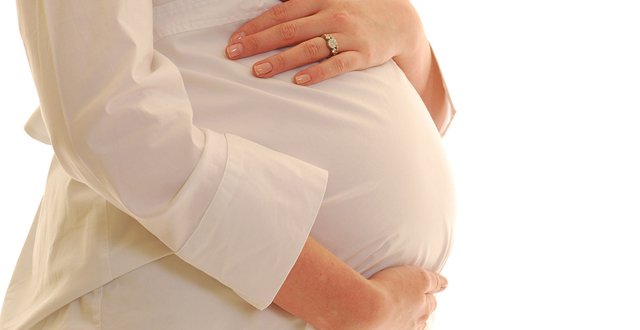A report on maternity care provided in the community, as part of the National Maternity Experience Survey 2020, shows that for almost 90 per cent of women who responded, their GP was the first point of contact when they became pregnant.
Most respondents were positive about the care and support they received, saying they were treated with respect and dignity, were spoken to in a clear, understandable way, and had confidence and trust in their healthcare professional.
However, it also revealed that some women felt more information was needed on changes they would experience to their mental and physical health, as well as their nutritional needs during pregnancy.
The survey also identified significant variation in attendance at the two-week postnatal check-up. Most women attend this check-up but the numbers were notably lower for women living in counties in the north-west of Ireland.
Nationally, 84.7 per cent of women attended their two-week post-natal check-up with their GP; however, the numbers were significantly lower for women living in Donegal (44.4 per cent), Leitrim (46.3 per cent) and Sligo (47.1 per cent). Of those who did not attend, most said it was because they did not know about it.
Respondents also provided detailed information on their experiences with their GPs, practice nurses and midwives. These comments identified caring and helpful attitudes from healthcare professionals, but also highlighted the requirement for more personalised care, particularly in the postnatal period.
Speaking about the report, HIQA’s Director of Health Information and Standards Ms Rachel Flynn said: “Care begins in the community and to that end, it is crucial that pregnant women can trust and have confidence in the treatment and advice they receive from their GP or family doctor.”
She said it was hugely encouraging to see that a majority of women have reported positive experiences.
More concerning, however, was the correlation between geographical location and the provision of postnatal services.
“It is important that women in Donegal, Leitrim and Sligo are afforded the same opportunities and can have the same expectation of care provision those in Ireland’s urban centres. It is clear that there is still work to be done to ensure women and babies across Ireland have access to the care and support they need.”
Most women said their GP, practice nurse or midwife answered their postnatal questions in a way they could understand. However, it was evident that a significant number felt insufficient time was spent discussing their physical and mental health at the six-week postnatal check-up.
When asked whether sufficient time was spent discussing mental health at the six-week check-up, Monaghan had the highest proportion of women who answered ‘yes definitely’ with 51.3 per cent, Clare had the lowest with 28.6 per cent. Nationally, 1,251 women (39.1 per cent) answered ‘yes, definitely’.
In regard to the same survey question on physical health discussions at the six-week check-up, Monaghan again had the highest proportion of women who answered ‘yes, definitely’ with 64.1 per cent, while Longford had the lowest with 35.9 per cent. Nationally, 1,458 women (45.5 per cent) answered ‘yes, definitely’.
Ms Flynn said: “Pregnancy is a demanding experience, both physically and mentally. It is concerning that a significant number of women who took part in this survey felt that they did not receive enough information about potential changes to their mental health during pregnancy.
“Greater care must be taken by medical practitioners to make sure that women are made aware of the mental health supports that are available to them while expecting.”
The report can be found at Home – National Care Experience Programme (yourexperience.ie)













Leave a Reply
You must be logged in to post a comment.